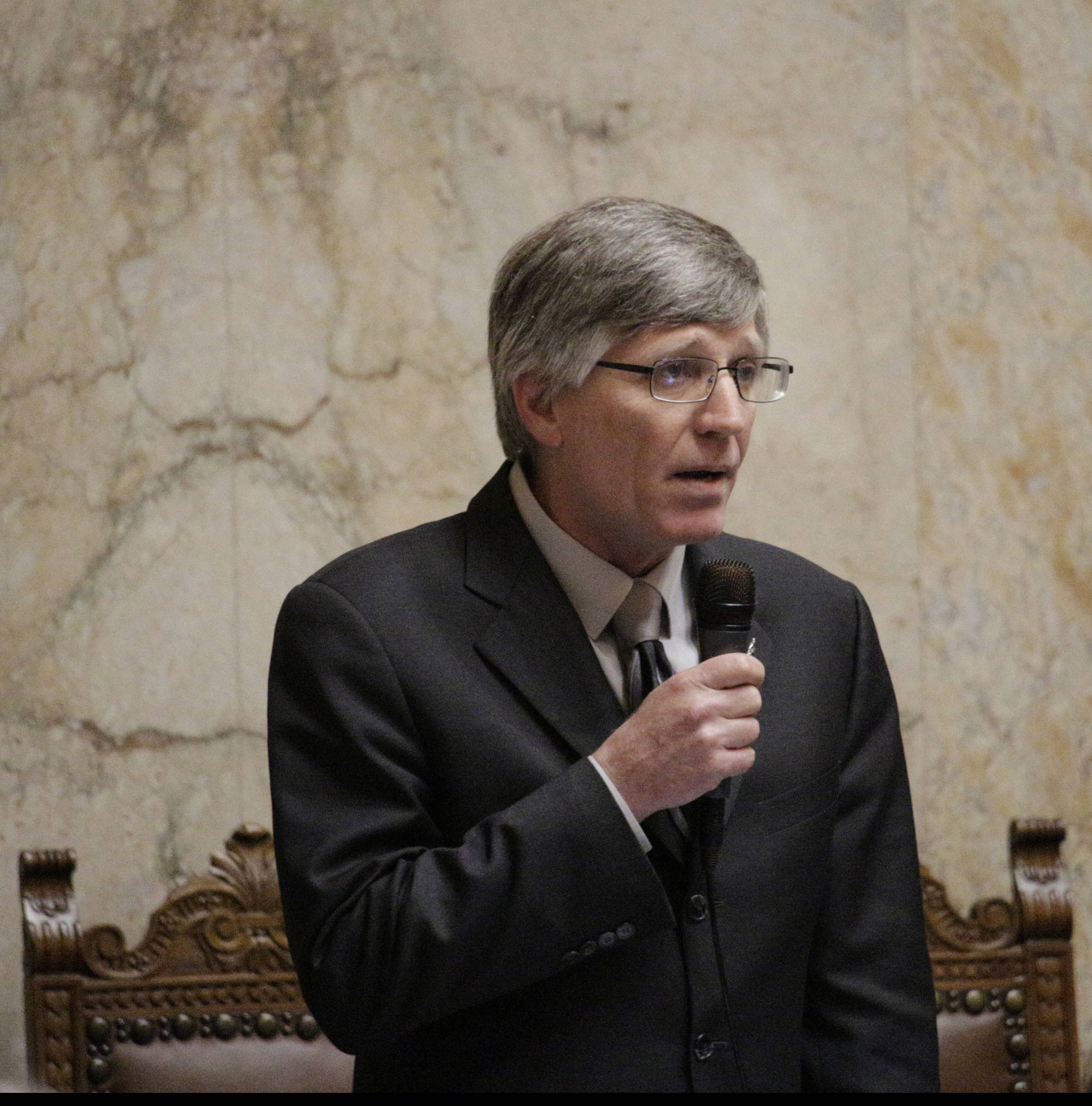By Rachel La Corte
The Associated Press
OLYMPIA — The House has passed a $44.9 billion state budget that seeks to spend an additional $1.9 billion on education over the next two years to address a court mandate on education funding.
The spending plan passed the Democratic-controlled chamber on a party-line 50-48 vote Friday.
The chamber did not vote on the $3 billion in taxes House Democrats are seeking, which led to a Republican floor amendment that sought a requirement for budgets to be based on revenues that aren’t tied to tax increases not yet passed. That amendment was among dozens rejected by the chamber.
Democrats have already said they won’t likely take a floor vote in that chamber on any of the tax bills that pay for it before completing negotiations with Senate Republicans, who passed their own $43 billion two-year budget plan the other week.
Those taxes, which include a business and occupation tax increase on the state’s highest grossing businesses — while exempting smaller businesses from the tax — and a 7 percent capital gains tax on earnings from the sale of stocks, bonds and other assets, will have a public hearing before a House committee this week.
Senate Republicans passed their own proposal out of that chamber the other week that relies on a plan that raises property taxes for some districts while lowering the tax in others.
Both chambers must now begin the work of negotiating a final compromise that must satisfy a state Supreme Court requirement that the state fully fund education.
Lawmakers are working to comply with a 2012 high court ruling that they must meet the state’s constitutional requirement to fully fund the state’s basic education system.
The court has said the state has until Sept. 1, 2018, to fully fund education but that the details of how to do that — as well as how lawmakers will pay for it — must be in place before the Legislature adjourns this year.
The biggest piece remaining of the court order is figuring out how much the state must provide for teacher salaries. School districts currently pay a big chunk of those salaries with local property-tax levies.
Democrats said the budget needed to address more than just the state’s responsibility to education, and several speeches on the floor noted investments in early learning and social services.
Democratic Rep. Timm Ormsby, one of the House’s main budget writers, called the plan a contract that “deals with everybody in the state.”
“We are not going to step over others on our way to fulfill our constitutional obligation,” he said.
But Republican Rep. Bruce Chandler said the budget is bad for taxpayers.
“What this budget does is spend money, but it’s not the Legislature’s money,” he said. “It is the public’s money.”
Among the differences between the budgets put forth by both chambers is how they address the local property tax levies. Unlike the Senate plan, which would replace local school levies with a statewide uniform rate earmarked for schools, the House plan would lower the local levy rate but not eliminate them completely.
The Senate proposal puts an additional $1.8 billion of state dollars toward education over the next two years, but the net amount estimated to be received by schools is much lower — about $871 million — because of the phasing out of the local district levies that are replaced by the statewide property tax they propose.
Because the House doesn’t completely phase out local levies, the net change for the total increase in school funding over the next two years under the House plan is $2.2 billion — the $1.9 billion in state money under the budget passed Friday, plus more than $362 million expected from the local property tax levies, according to a comparison prepared by the state Office of Financial Management.

